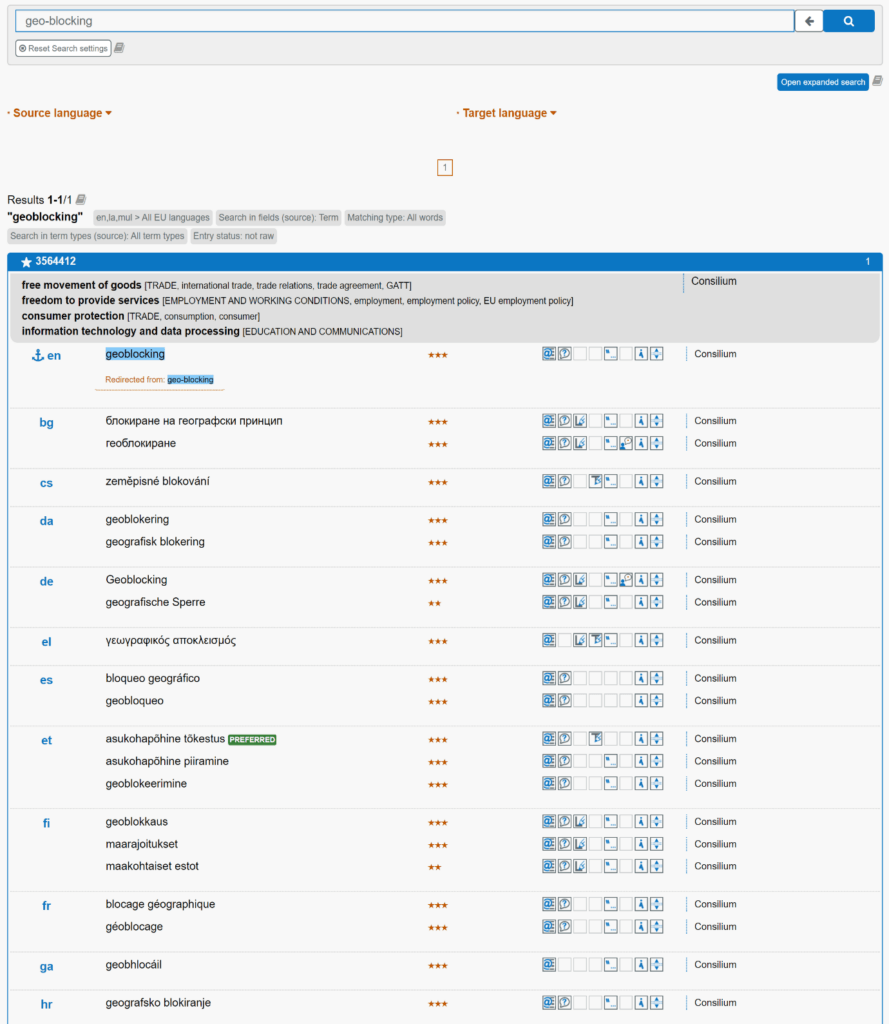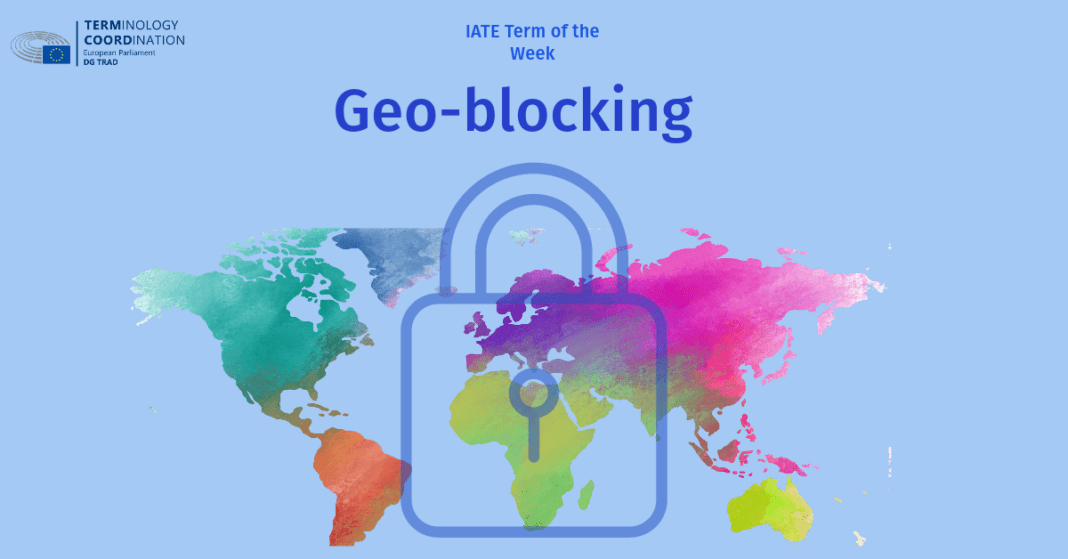Geo-blocking is a practice used to restrict online content to users based on their geographical location. This means that a user’s access to websites, streaming services, e-commerce platforms, and other online content can be limited or redirected based on their IP address or physical place. The reasons behind the use of this practice are various, including enforcing regional copyright laws, complying with local regulations, or implementing pricing strategies

While geo-blocking serves various legitimate purposes, it is sometimes used unjustifiably, dividing users into groups based on their geographical location and leading to discriminatory practices that disproportionately affect users based on their nationalities.
The EU has taken several measures to address and regulate geo-blocking within its member states in order to eliminate unjustified geo-blocking practices and promote a unified and accessible digital environment. The EU aims to create a digital single market, allowing the free flow of goods, services, and information across its member countries.
In March 2018, the EU implemented the “Regulation (EU) 2018/302”, prohibiting geo-blocking and discrimination based on nationality, residence, or establishment for online purchases of goods and services, with some exceptions for reasons like compliance with legal requirements.
Other efforts made by the European Union regarding this matter include the EU Copyright Directive, provisions that facilitate cross-border access to digital content by encouraging licensing and access across member states.
In conclusion, geo-blocking in Europe presents a complex landscape shaped by the interplay of consumer interests, business practices, and regulatory efforts. The EU’s initiatives to address this issue reflect the commitment to establish a Digital Single Market that fosters cross-border accessibility and opportunities while minimizing unjust discrimination based on nationality or location.
Bibliography
Eur-Lex (2023). Geo-Blocking: a new regulation enters in force: https://eur-lex.europa.eu/content/news/geo-blocking-regulation-enters-into-force.html
Eur-Lex (2023). Directive (EU) 2019/790 of the European Parliament and of the Council of 17 April 2019 on copyright and related rights in the Digital Single Market and amending Directives 96/9/EC and 2001/29/EC: https://eur-lex.europa.eu/eli/dir/2019/790/oj
European Commission (2023). Shaping Europe’s digital future. Geoblocking: https://digital-strategy.ec.europa.eu/en/policies/geoblocking
Written by Eleonora Montanari
Born in Italy, she studied Linguistics and Cultural Mediation at the University of L’Aquila. In order to combine her passion both for languages and communication, she continued her studies with a Master’s degree in Foreign Languages for International Communication at the University of Turin and with a postgraduate course in Global Marketing, Communication and Made in Italy. Both during her bachelor and her master’s studies, she enjoyed the Erasmus+ program, studying first in Leipzig and then in Trier. After coming back from her second experience abroad, she graduates with a thesis focused on the language and linguistic aspects characterising fake news. She enjoys singing, walking and getting lost in the nature.

